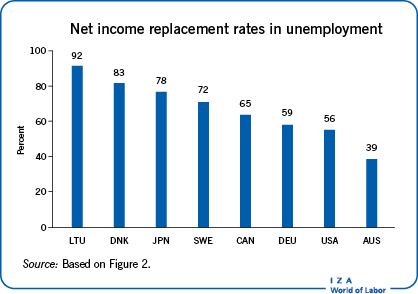Promising Trends in Unemployment Statistics
The latest report from the Bahamas National Statistical Institute (BNSI) brings positive news about the country’s job market. In the first half of 2024, the national unemployment rate dropped to 8.7%, its lowest since 2008. This 1.2% decrease carries with it signs of economic growth and resilience, despite global economic challenges and ongoing recovery from pandemic and natural disasters.
In New Providence and Grand Bahama, employment rates have also improved. Current unemployment figures sit at 8.6% and 9.8%, a positive change compared to the 9.5% and 10.4% rates at the end of 2023. This improvement suggests that job opportunities have increased and labour market conditions are stabilizing.
While these statistics show progress, there are areas of concern such as high youth unemployment and the ongoing struggle to generate sufficient jobs for the growing workforce. The youth unemployment rate sits at 19% for Q2 of 2024, and is a clear indication of the challenges facing young people in finding adequate employment options.
Adding to this challenge is the skill gap in the labour force. Only 58% of workers have completed secondary school and a mere 22% hold a university degree. Additionally, 23% of the labour force has no formal qualifications, suggesting a significant portion of the population may be inadequately prepared for the demands of modern industries.
Minister of Labour and Public Service, Pia Glover-Rolle, celebrated these improvements and highlighted the impact of the Davis administration’s economic and labour market policies. According to her, the administration’s strategies to diversify industries and impel growth have yielded over $10 billion in new investments. Moreover, she stated the government’s focus on infrastructure development, digitalization, and business support is set to foster more growth.
Moving forward, The Ministry of Labour plans to fuel further economic expansion and job growth with ongoing reforms aimed at modernizing and fortifying the local labour market. Initiatives include examining ways to upsurge public and private sector compensation, introducing new training opportunities, and strengthening laws to protect workers’ rights.
The data points towards a prosperous job market in The Bahamas, but challenges persist. Efforts should continue to concentrate on assisting those still struggling to secure employment, especially young adults.
